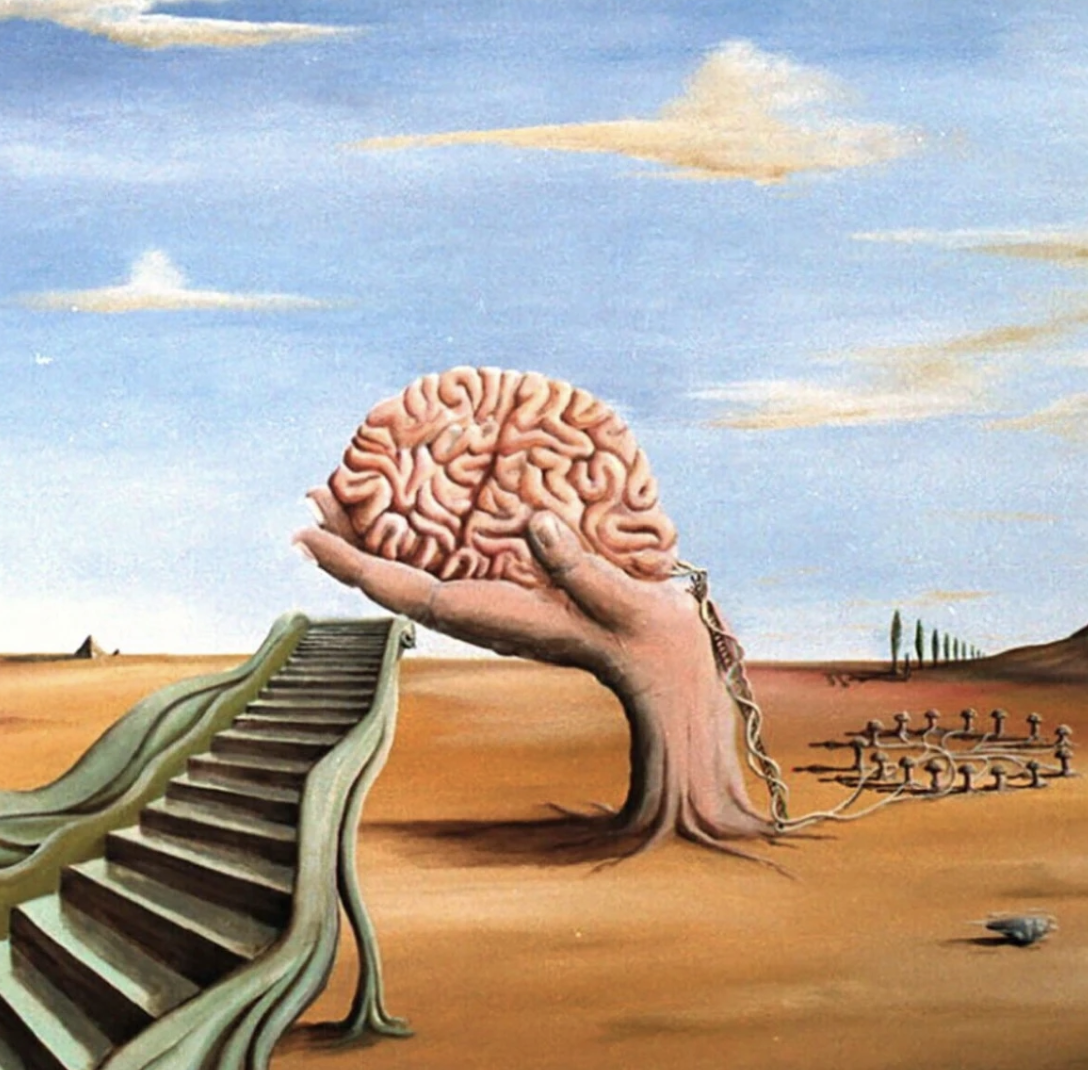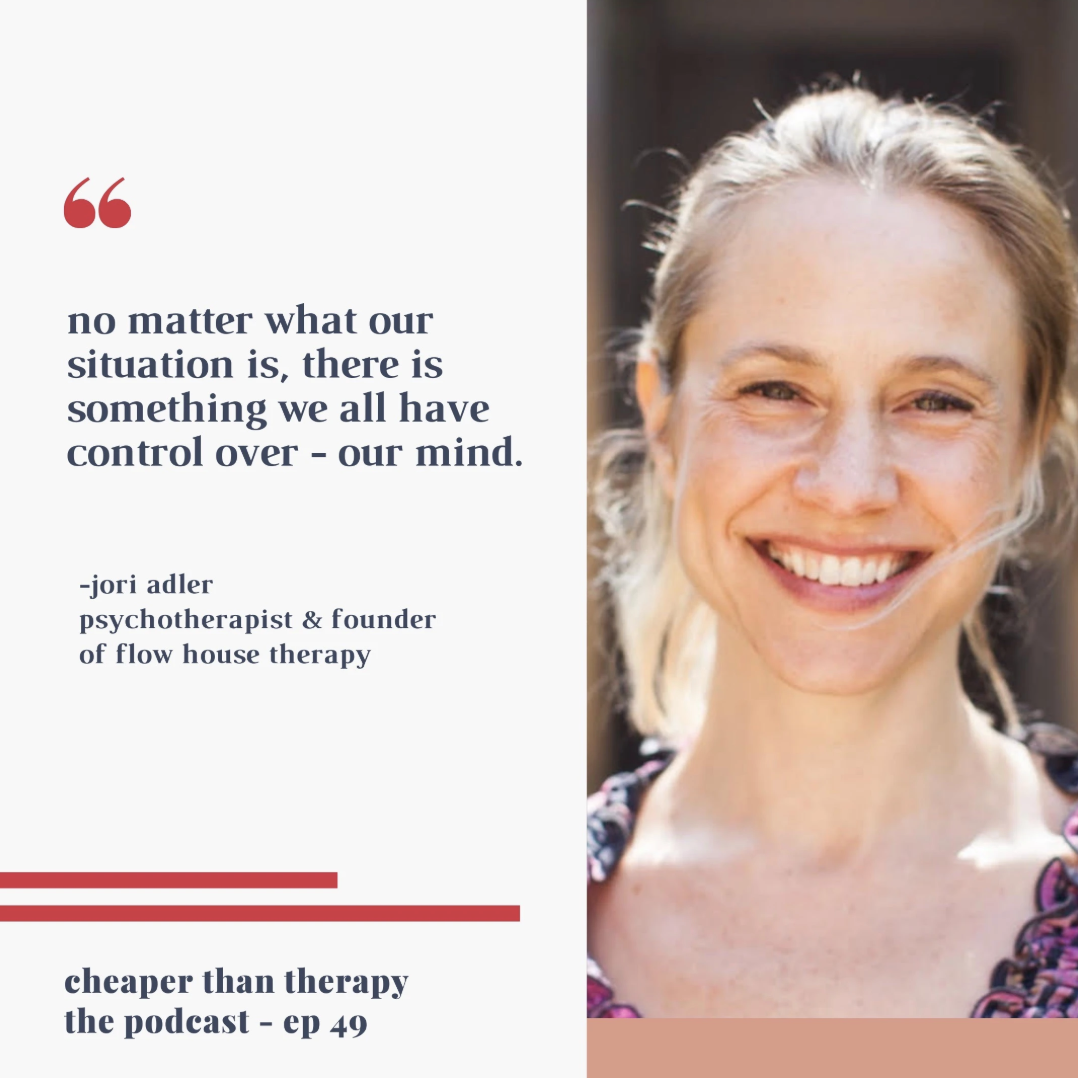Stop the Seeking Cycle
Mammals are wired to look for novelty in the environment, a behavior called "seeking." Your brain is wired to seek and it gets a dopamine hit each time it does. Dopamine is the same neurotransmitter stimulated by drugs like cocaine and speed. It makes you feel focused, energized, and good at first, but after a while you just feel stressed, sketchy, and burnt out.
The complement to the seeking system is the reward system. Finding the object of seeking, such as food, sex, or shopping sprees, creates opiates - the drugs that calm you down, make you blissful, and unwilling to seek. The opiates counterbalance the seeking, and keep it from getting caught in an endless cycle. The trouble is that evolution did not favor animals that sat around all fat and happy - they were probably the first to become dinner for those others who kept seeking. This means that the system is rigged: there is much more desire to seek than to be rewarded. We would rather look than actually find.
Down Time for Your Brain
There are many misunderstandings about meditation. Some people think it means sitting with your legs crossed and trying not to think. But that's impossible! Your brain's job is to think -- it's not going to stop. Meditation is more about just sitting there without doing anything on purpose. It is essentially getting out of the way, and allowing the brain eventually to revert to its natural state - a kind of alert, relaxed openness. Not thinking about anything in particular, but not striving to remove thinking either.
Meditation is, in a sense, unnatural. Cavemen didn't sit around meditating. They didn't need to, because everything was much slower, spacious, and gentle. It was low impact on the brain. But with the rise of modern society (India at 500 BC), people couldn't find enough down time to return their minds to a natural state. There was too much novelty, too many new ideas, too much cool stuff to do, talk about, and see. So we can think of meditation as an unnatural way to return to a natural state.
Be Unafraid of Your Interior Life
What would you hear if you allowed yourself to be in silence? What are you afraid to hear?
With so much external stimulation these days, it can be difficult to put the phone down, turn off the TV, quiet the chatter in our heads and tune into ourselves. However, it is by being comfortable in silence with ourselves, even for a seconds at a time, that we discover our personal power and tune into our inner voices.









